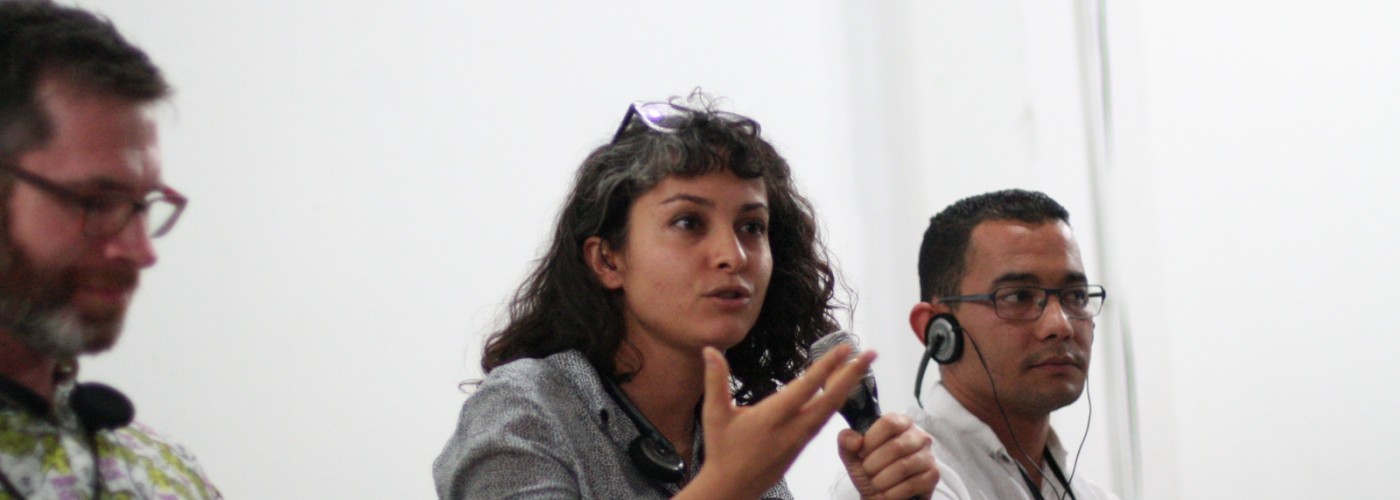You can download the arabic version of the programme here.
| 14:15 | 21 |
|
| 14:15 | 21 |
|
| 22:30 | 21 |
|
| 22:30 | 21 |
| 13:45 | 21 |
|
| 13:45 | 21 |
|
| 22:30 | 21 |
|
| 22:30 | 21 |
| 17:30 | 21 |
|
| 17:30 | 21 |
|
| 22:30 | 21 |
|
| 22:30 | 21 |
| 13:00 | 21 |
|
| 13:00 | 21 |
|
| 13:30 | 21 |
|
| 13:30 | 21 |
|
| 15:00 | 21 |
|
| 15:00 | 21 |

